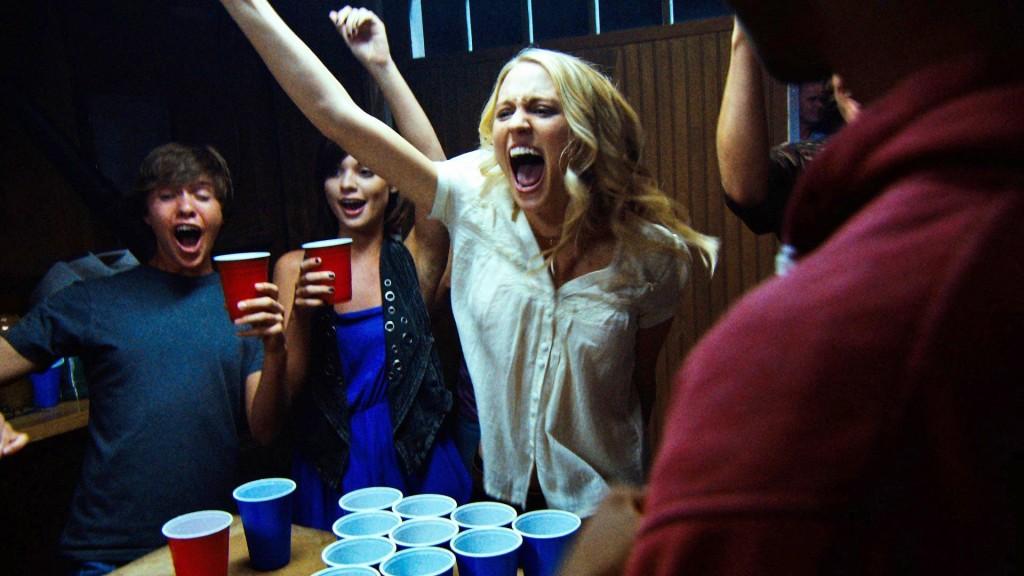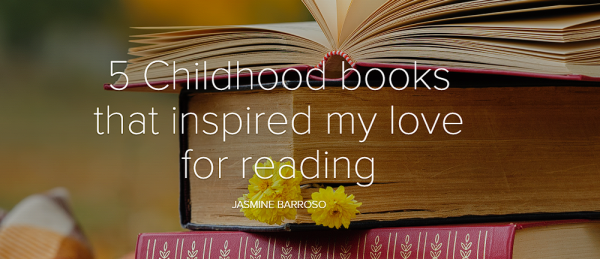Studies link teenage drinking to movies
Do the movies teens watch influence their decisions on drinking alcoholic beverages?
Let’s be realistic for a moment: the issue of teenage/high school students drinking is nothing new.
The presence of alcohol in the social life of the American teenager has been portrayed in many popular films over the years, perhaps, in an effort to depict what is going on off camera.
This is not a new trend in film. In the 1978 classic film “Grease,” alcohol has a presence in risky behavior, especially in the scene where the T-birds are drinking and driving. Another example is the 1984 film, “Sixteen Candles,” in which drinking, drugs, and sex are shown as an everyday norm for the high schooler.
Recent movies have continued to feature teenage drinking. In the 2012 film “The Perks of Being a Wall Flower,” kids engage in drinking basically every weekend. Other films that come to mind are “17 Again,” “21 Jump Street” (which also portrays the use of drugs and weapons), the “American Pie” series, “Not Another Teen Movie,” “Project X,” “Scary Movie,” “Super Bad,” “Super Troopers,” and “Teen Wolf.”
But is all the hype true, is it possible for the media to be influencing teens views on drinking?
According to a 2012 study featured on FoxNews.com, researchers conducted a telephone survey of more than 6,500 randomly-selected Americans aged 10 to 14 years, who were then interviewed three more times over the next two years. They were interviewed about the movies they watched, if they drank or owned merchandise with a liquor brand on it (for example, a Budweiser wristband or Corona T-shirt), and other related things about their personal life.
In summary, the study found that those who watched the most movies featuring alcohol were twice as likely to start drinking as those who watched the least. They were also 63 percent likelier to progress to binge-boozing.
The FoxNew.com article cited a British online journal that stated, “Movie alcohol exposure accounted for 28 percent of the alcohol onset and 20 percent of the binge-drinking transitions.”
But how do high school students view this matter? Do they agree with the statistics, or is this just another case of concerned parents? Do they believe they fall into these statistics?
Their answers might surprise you.
Senior Courtney Robinson disagreed.
“No, I don’t think that the movies we watch have any influence over what we drink or chose not to drink,” she said.
However, the study made sense to others.
“I very much think that the movies we watch influence the things we do at parties. As teens we look at movies like Project X and think, ‘Wow, how could we top that?’ or ‘I want to have a party like that,’ or at least that is the way my friends think,” said a student who wished to remain anonymous.











